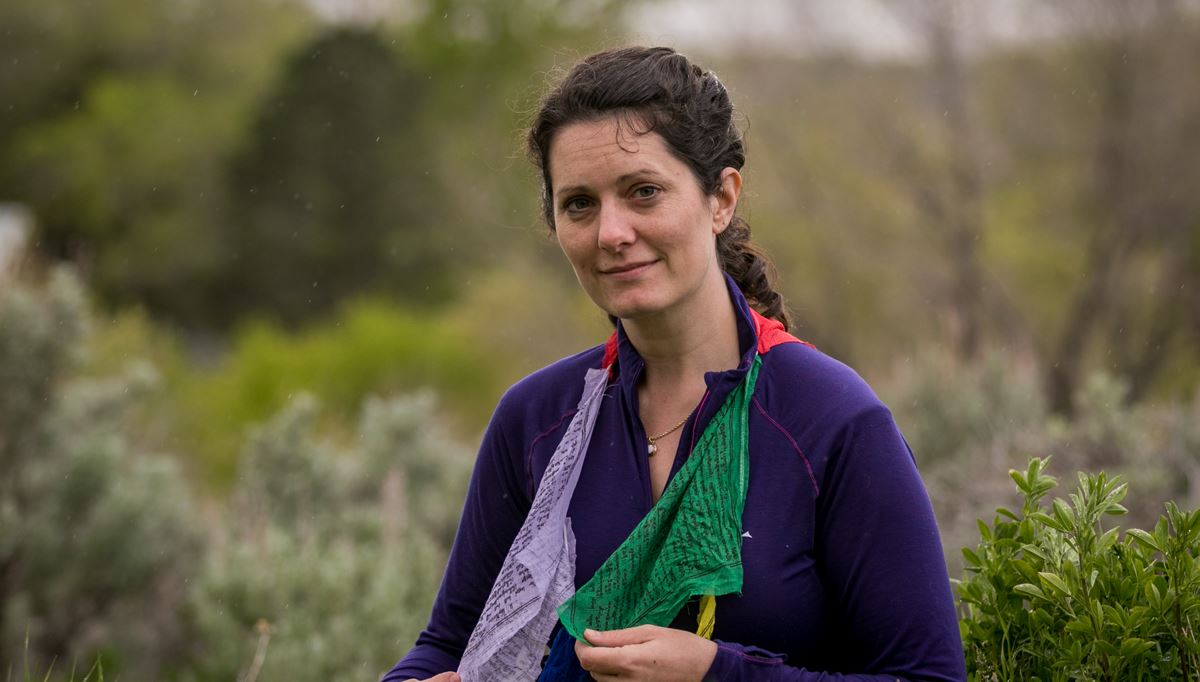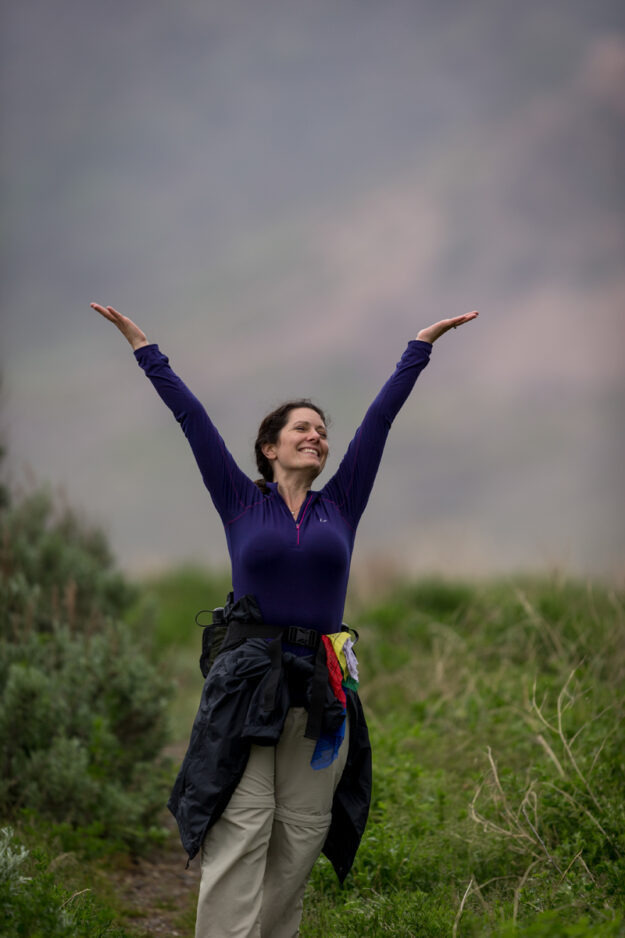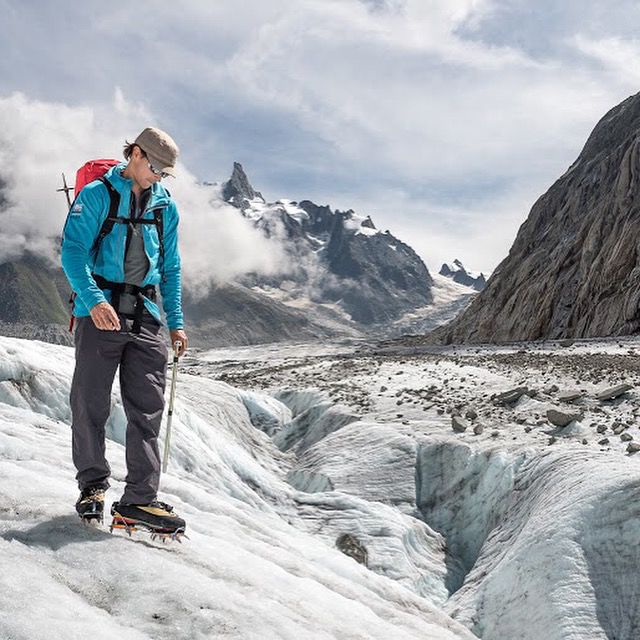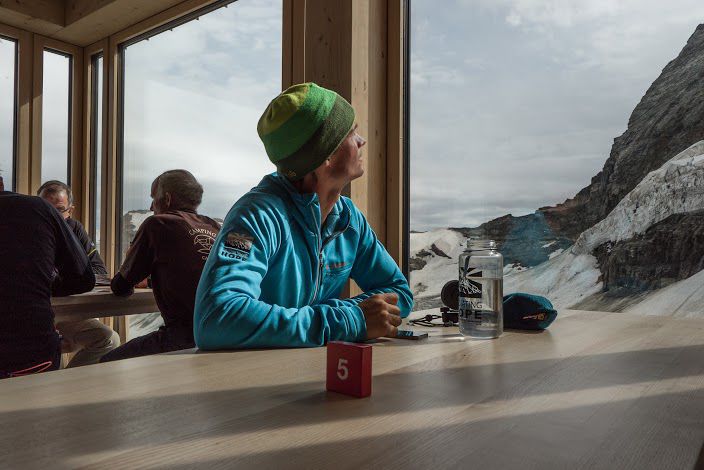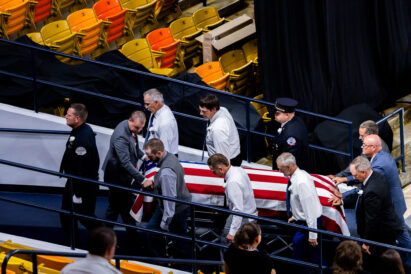Huntsville cancer survivor set to climb Mount Kilimanjaro
EDEN — Ask anyone who’s done it. Climbing Mount Kilimanjaro isn’t easy.
Then again, compared to a three-year battle with cancer, it should be a cakewalk.
Molly Froerer was diagnosed with breast cancer in 2013. Later this month, the 38-year-old Eden woman will join her radiation oncologist, Dr. Brandon Fisher, in climbing the highest peak in Africa, Kilimanjaro, at 19,341 feet.
Froerer’s mother, Saundra Buys, a breast cancer specialist at the Huntsman Cancer Institute, will also be among the roughly 30-member team on the expected 7- to 9-day climb.
Froerer’s quest is being called “Conquering Cancer and Kilimanjaro: Following Molly’s Climb,” and it will involve Froerer sending back daily updates on the experience. These updates will be posted on the Ogden Regional Medical Center’s Facebook page. The hospital is sponsoring Froerer’s trip.
“We’ll give her a satellite phone to send texts during her trip,” said hospital spokesman Craig Bielik. “You know, daily updates, like ‘I just ate a yak.'”
Froerer, a mother of three, teaches English and geography at Snowcrest Junior High School in Eden. In 2013, when her youngest child — then 11 months old — stopped nursing, she noticed a lump in her breast.
“One side didn’t deflate after he stopped nursing,” she said.
Froerer learned she had ductile carcinoma in situ. The large mass measured 7 centimeters by 7 centimeters and the cancer had invaded her lymph nodes. She underwent a mastectomy and chemotherapy at the Huntsman Cancer Institute, then received radiation treatment at Ogden Regional Medical Center.
Froerer recently passed her third-year cancer anniversary and she said, so far, she’s cancer-free.
Froerer and her mother have been doing a lot of hiking to prepare for the climb. Recently, they hiked to the top of Mt. Olympus in Salt Lake City. They’ve also done Malan’s Peak and Indian Trail in the Ogden area.
Climbing Kilimanjaro will be difficult, Froerer admits, but she says she’s excited for the experience and knows she can accomplish it.
“When people ask me, ‘What did you learn from cancer?’ I say, ‘I always thought I could do hard things. Now I know I can do them,'” Froerer said.
The Africa trip is an outgrowth of Fisher’s hobby as a dedicated mountain climber. Fisher is co-founder and president of the Radiating Hope Society, a Salt Lake City-based nonprofit climbing organization dedicated to improving radiation oncology care around the world. The group sponsors climbs around the world, aimed at raising money among Americans and raising awareness among developing nations.
Fisher and a climbing partner formed Radiating Hope six years ago, after learning there were no radiation oncology medical missions out there for them to offer their volunteer services.
“We wondered why there weren’t any missions in our field, and it turns out there’s a lack of radiation equipment in Africa,” Fisher said. “There’s about one radiation machine for every 100,000 people in the United States, and one for every 70,000 people in Utah. In Africa, there’s one radiation machine for every 14 million people.”
To remedy this, Radiating Hope takes used radiation equipment donated from U.S. hospitals — “And these are million-dollar machines,” he said — and refurbishes it before sending it to hospitals in Africa and other developing parts of the world.
“We’ve got machines headed for Tanzania that came from the Mayo Clinic (in Minnesota), and a clinic in Arizona,” Fisher said.
The current lack of radiation equipment in Africa shows in the survival outcomes, according to Fisher. Whereas the five-year cancer survival rate is 70 percent in the U.S., in Africa, it’s less than 20 percent.
“They’re not used to even seeing cancer survivors in Africa,” he said. “Here in America, we have 11 million cancer survivors. There, it’s just a rare thing.”
That’s one of the reasons Radiating Hope takes a cancer survivor along on these yearly Kilimanjaro climbs. And this year, that survivor is Froerer.
The “Conquering Cancer and Kilimanjaro” quest flies out of Salt Lake City on May 27, and Fisher says they expect to finish the climb by June 5 or 6. Following the climb, Fisher and his colleagues will conduct a cancer symposium for officials in Africa.
Fisher said the Kilimanjaro trip is something Radiating Hope has been doing annually for the past five years. Part of these climbs also involves Tibetan prayer flags. Fisher says this is partly in response to a professor he had at Weber State University who once told him, “It’s great you want to go help people in developing countries, but never forget the people here locally you could help.”
As a result, Fisher and his team dedicates a prayer flag in honor of each of their patients, carries them to the summit, then brings them back down. In 2017, Radiating Hope is planning an attempt on Mt. Everest; they’ll carry all of these flags to the base camp there and fly them for their “final resting place.”
Leaving the flags there is symbolic.
“As the fragile flags are blown in the high mountain winds,” the website at radiatinghope.org explains, “they slowly unravel, the threads blowing away into the wind. Each thread that unravels represents a prayer of hope, strength, and health for the person it honors.”
The group already has more than a thousand flags they’ll be transporting to Everest.
Froerer says she loves the idea of the Tibetan prayer flags and what they represent.
“I don’t know if it matters what religion you are, but I’ve had Episcopal prayers, Catholic candles and my name put in a Mormon temple on my behalf,” she said. “And now I’ve had a Tibetan prayer flag.”
Climbing Kilimanjaro is not going to be easy, according to Fisher. While it doesn’t require ropes or other technical climbing equipment, it is a strenuous climb at high altitude.
“Up that high, every step really is hard to take,” Fisher said.
He said the local guides advise climbers, “pole, pole — slow and easy.”
And Fisher says there are a lot of similarities between battling cancer and climbing a mountain that high.
“Anyone who’s gone through cancer, that journey alone — to stare death in the face — is a difficult one,” he said. “Up on the mountain, it’s just like having cancer. The nausea, the sickness, that feeling that you don’t want to go on anymore. But you do anyway.”
Contact Mark Saal at 801-625-4272, or msaal@standard.net. Follow him on Twitter at @Saalman. Like him on Facebook at facebook.com/SEMarkSaal.

